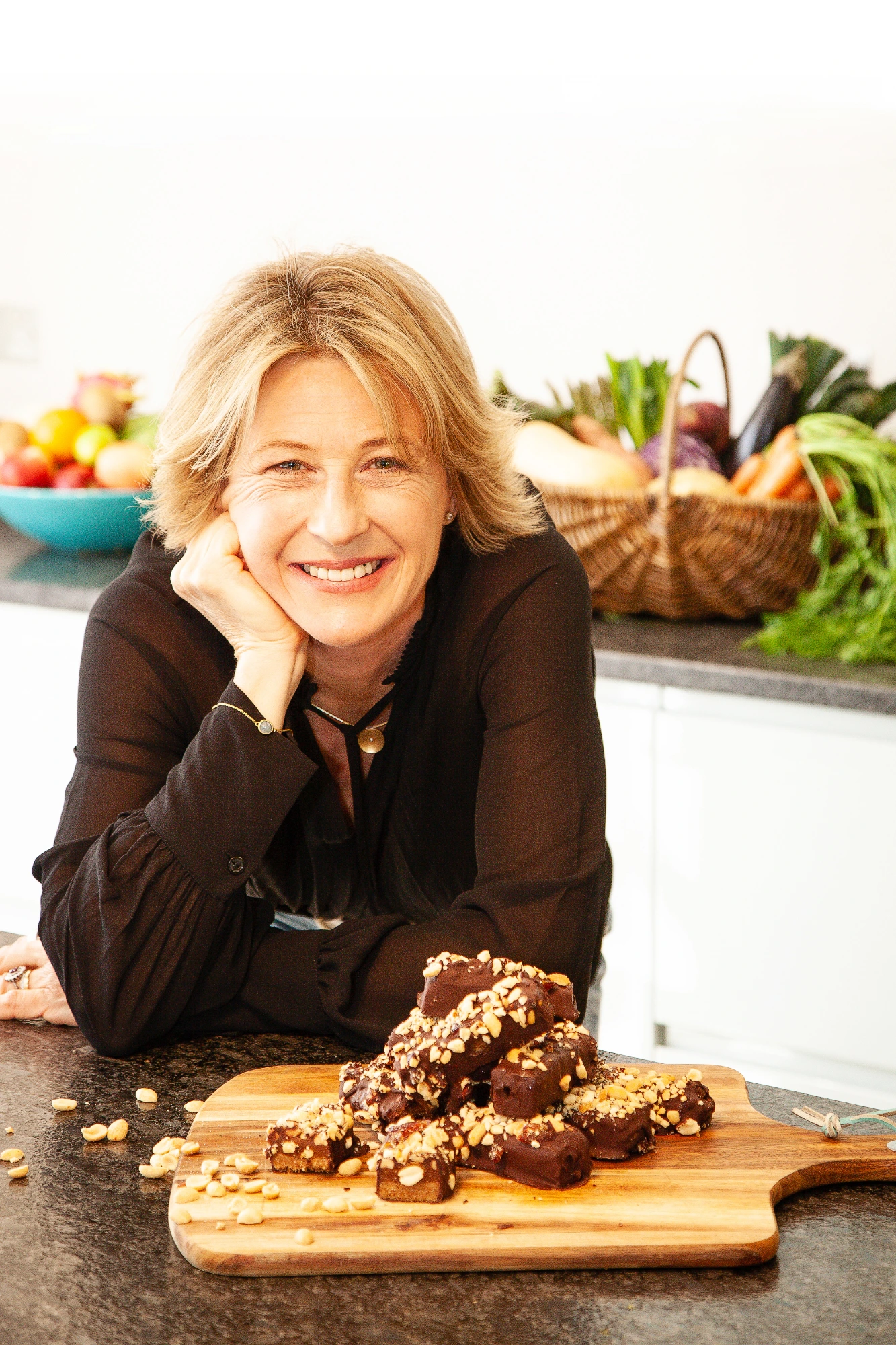
Iodine is a tiny element with a colossal impact on our health. Often overlooked, this trace mineral is indispensable for the proper functioning of our bodies. An adult typically requires approximately 150 micrograms (mcg) of iodine per day, but this requirement can surge to 250mcg during pregnancy and a staggering 290mcg during lactation. So, why is iodine so vital, and what role does it play in our well-being?
The Thyroid’s Trusty Companion
The thyroid gland, located in the front of our neck, is the star of the show when it comes to iodine’s significance. It relies on iodine to craft two critical thyroid hormones: thyroxine (T4) and triiodothyronine (T3). These hormones are like the conductors of our metabolic orchestra, regulating processes that range from our metabolic rate and growth to our overall development. In essence, iodine is the key ingredient that keeps our thyroid gland in tune.
As thyroid hormones wield their influence over metabolism, they touch virtually every aspect of our body’s functionality. From the moment of conception, body temperature, energy levels, growth, and even body weight are under their jurisdiction. During pregnancy, iodine takes on an even more pivotal role by ensuring the normal brain and neurological development of the growing foetus.
Symptoms of Iodine Deficiency
Iodine deficiency can manifest in various ways, but it doesn’t always scream for attention. While an enlarged thyroid gland, known as a goitre, is a possible outcome in some cases, subtle symptoms are more common. These symptoms often stem from a shortage of thyroid hormones due to iodine deficiency, resulting in:
- Weight gain
- Constipation
- Dry skin
- Fatigue
- Thinning hair
- Feeling persistently cold
- Elevated levels of Thyroid Stimulating Hormone (TSH)
In more severe cases, iodine deficiency can lead to hormonal disruptions, menstrual irregularities, fertility challenges, elevated blood cholesterol, and even depression.
Babies born to iodine deficient mothers are at risk of poor growth as well as mental and physical impairments. Severe iodine deficiency can lead to children experiencing severe learning disabilities and even deafness.
Children with iodine deficiency may experience poor growth.
Iodine Deficiency in the UK
While iodine deficiency was once prevalent in the UK during the early 20th century, the situation has improved dramatically over the years. Factors like poor soil quality, which lowers iodine levels in cereals and crops, and limited seafood consumption contributed to the problem. However, by the 1960s, iodine deficiency was nearly eradicated. This success was attributed to changes in dairy farming practices, including the fortification of cattle feed with iodine and the use of iodine-containing disinfectants.
Globally, iodine deficiency still affects a staggering 2.2 billion people, putting the UK in a relatively favourable position. However, recent studies have sounded the alarm, suggesting that iodine deficiency could make a comeback due to a reduction in iodine-rich foods in the average diet. While most UK consumers opt for non-iodised salt, fortification with iodised salt remains a personal choice rather than a standard practice, reflecting the delicate balance between too much and too little iodine.
Vulnerable Groups and Iodine Deficiency Risk
Certain groups are more susceptible to iodine deficiency in the UK:
Vegans: Those who strictly adhere to vegan diets, avoiding dairy, fish, and eggs, are at risk. Seaweed, such as kelp, nori, or wakame, can provide significant iodine on a plant-based diet, with kelp boasting over 2000mcg per 1g sheet. Plant milks are generally not fortified with iodine, which presents an opportunity for improvement.
Allergies/Intolerances: Individuals with allergies or intolerances to dairy, fish, seafood, or eggs can also face iodine deficiency risks.
Pregnant and Lactating Mothers: The iodine requirements for pregnant and lactating mothers significantly increase, making them more vulnerable. Some women may even enter pregnancy with inadequate iodine levels, exacerbating the risk.
Seasonal Variations: Seasonal variations in cow’s milk iodine levels, influenced by the reliance on mineral-fortified feeds in winter, can also impact iodine intake.
Boosting Iodine Intake: Dietary Sources and Supplements
- Seaweed: Especially kelp, which can provide almost your daily iodine intake in a single pack of seaweed thins.
- Dairy: Milk, yogurt, Greek yogurt, and cottage cheese all contain iodine. However, hard cheeses like cheddar contain less iodine, as much of it is found in the discarded whey during cheese making.
- Fish: Both white and oily fish, along with seafood, offer ample iodine. Pregnant women should limit their intake of high-mercury fish, like tuna.
- Eggs: An average egg contains around 25mcg of iodine.
To enhance iodine intake, consider switching to iodised salt in your diet or using a multivitamin supplement that includes iodine. However, supplementation should only be necessary if iodine-rich foods are infrequently consumed. Specialised plant-based products, like Lifestream Calcium powder, can be added to non-fortified plant-based milks to replicate the mineral profile of cow’s milk more closely.
Finding the Balance: How Much Iodine Do You Need?
For adults, the daily iodine requirement is approximately 150mcg. Newborns may need up to 110mcg per day, while children require around 120mcg. The upper daily limit is about 1100mcg, beyond which excessive iodine intake may lead to thyroid overactivity and potential goitre formation.
As with most nutrients, the goal is to strike a balance and consume an optimal amount of iodine. Maintaining this equilibrium ensures your body can function at its best, promoting overall health and well-being. So, make iodine a priority in your diet to reap the countless benefits this trace mineral offers.
About Dominique Ludwig, Nutritionist MSc and Nutritional Therapist mBANT
Dominique Ludwig is an accomplished Nutritionist MSc., and Nutritional Therapist who is also BANT, CNHC and AFMCP accredited. Dominique works in numerous health conditions using a personalised nutrition approach.She specialises in her signature group programmes Renew Reset Recharge® programme and The Triple 30 Plan and runs a busy clinic in the heart of the South Downs where she works with her private clients as a Nutritional Therapy Practitioner, offering personalised Renew Reset Recharge® appointments.Dominique is also a double award-winning nutritionist. Dominique has over 30 years’ experience as a King’s College, London qualified Nutritionist and almost 20 years as a registered Nutritional Therapist.
Dominique works with many high-profile and A-list clients, known and respected for her discretion, expertise, and trustworthiness. Dominique works out of her own busy practice, Dominique Ludwig Nutrition Limited, in Hampshire as well as Meyer Clinic in Chichester. Dominique has helped over a thousand clients, globally, live healthier lives. She is a regular contributor to The Times, The Sunday Times and Times 2, Sheerluxe, Top Sante and many other magazines and podcasts.
DISCLAIMER:
Features published by Dominique Ludwig are not intended to treat, diagnose, cure or prevent any disease. Always seek the advice of your GP or another qualified healthcare provider for any questions you have regarding a medical condition, and before undertaking any diet, exercise or other health-related programme. Please refer to our Terms and Conditions and Medical Disclaimer for more information as well as our Webiste Terms and Conditions.





